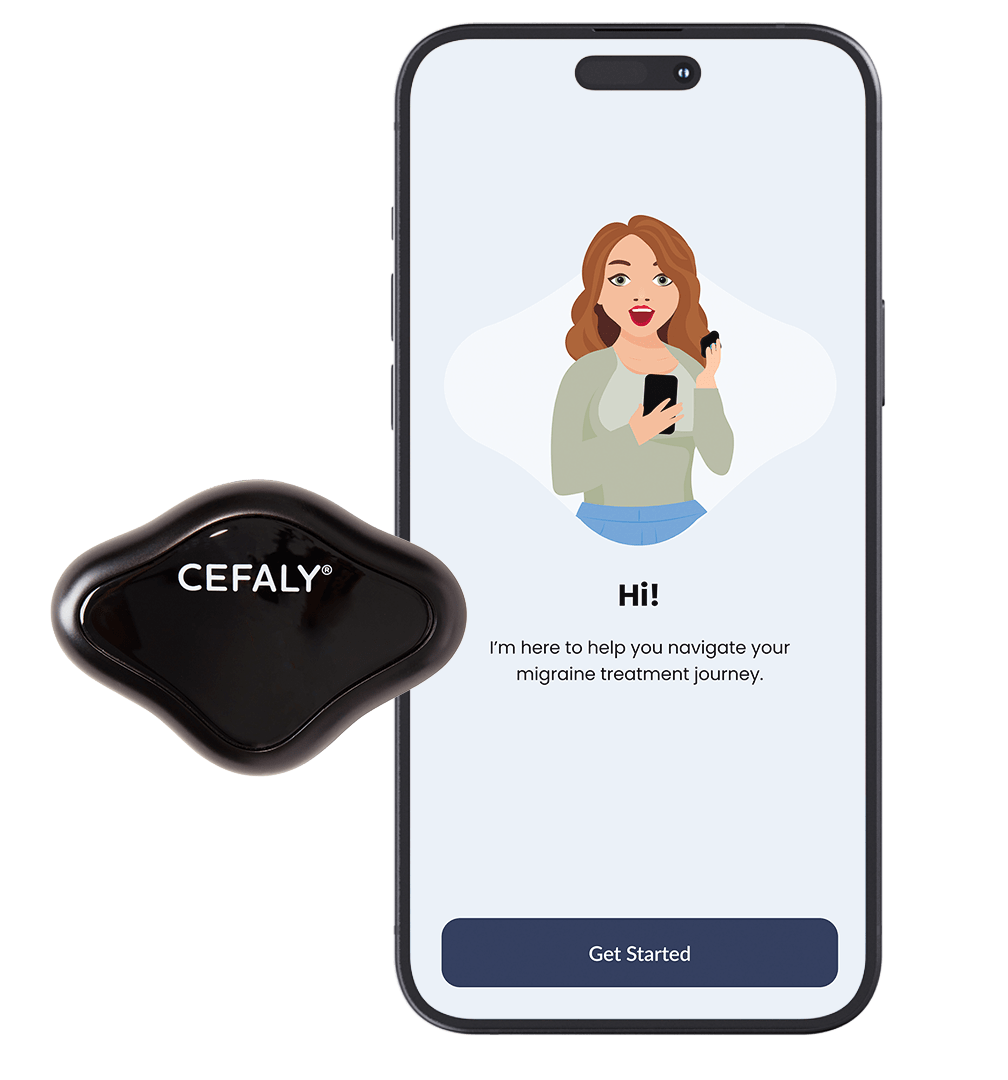Real migraine stories
Take control of your migraine treatment and take back your life


Power up your treatment routine with CeCe
Control CEFALY Connected with your phone. Track and optimize your treatments. Reveal your unique migraine patterns. It's all possible with the CeCe Migraine Management app.
Discover CeCe
Featured blogs
Learn about migraine, discover migraine prevention strategies, and get tips for using your CEFALY for maximum migraine relief.
How are migraine and anxiety linked?
Migraine and anxiety are closely linked, with each potentially triggering the other. People with frequent migraines often experience anxiety disorders. Managing both conditions involves understanding their relationship, identifying triggers, and adopting healthy lifestyle changes. Treatment options include cognitive behavioral therapy, medication, and devices like CEFALY. Recognizing and addressing both migraine and anxiety can improve overall well-being.
How are migraine and ADHD linked?
Migraine and ADHD often co-occur, with each condition potentially exacerbating the other. ADHD symptoms can indirectly trigger migraines, while migraines can worsen ADHD symptoms. Managing both involves understanding their relationship, tracking triggers, and adopting lifestyle changes. Treatment options include medication, mindfulness, and devices like CEFALY. Recognizing and addressing both conditions can improve overall well-being.



















